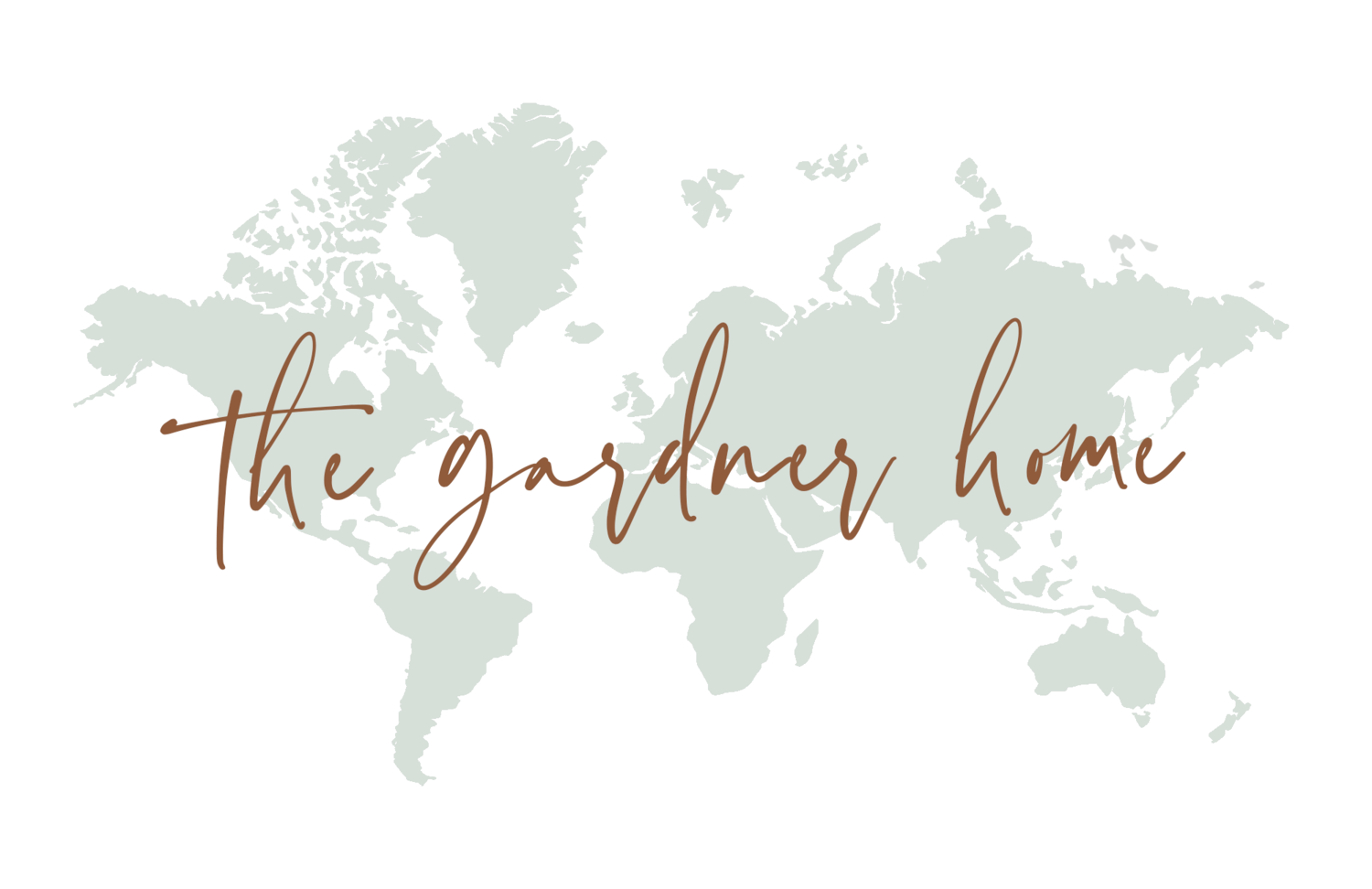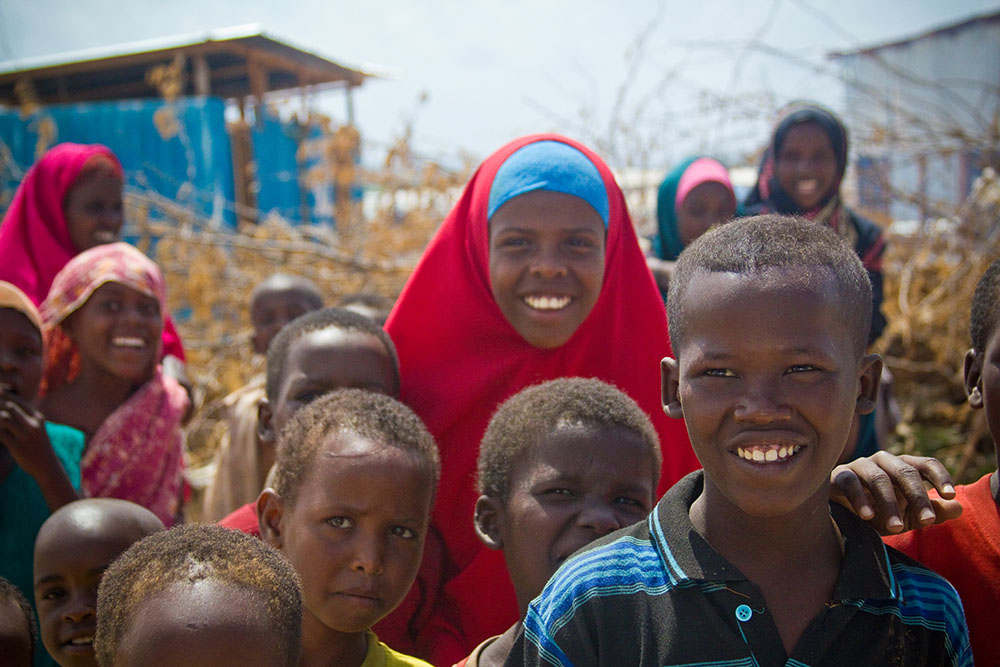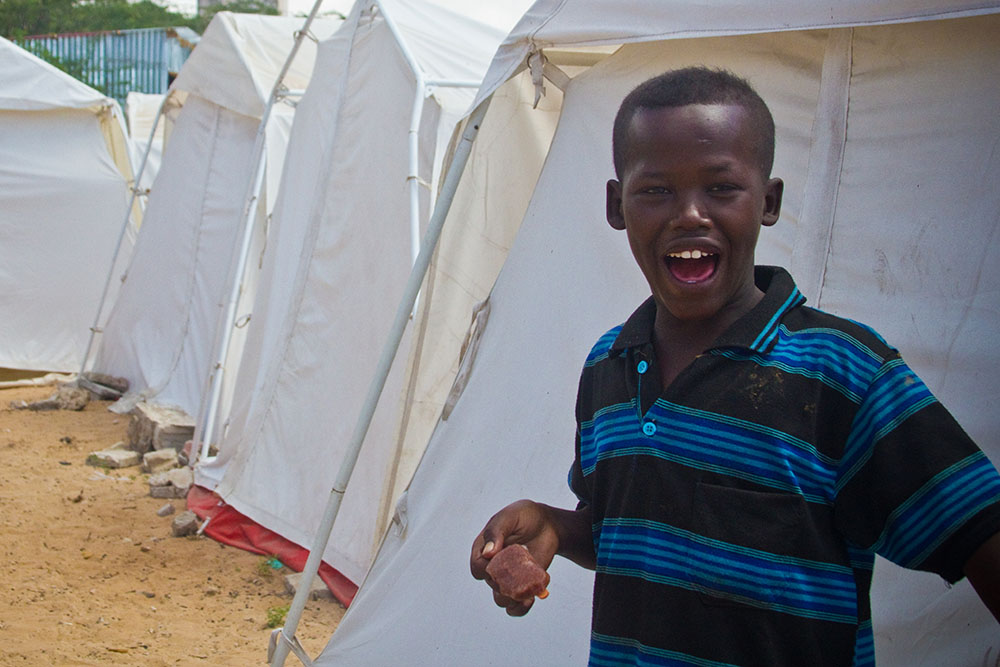APRIL 10, 2013
So began our last day in the IDP (Internally Displaced Peoples) camps. We said our goodbyes and loaded up in the Range Rover. As we settled securely in the back seat a young boy headed our way. Since I was the only white woman on the trip I usually caused a scene. Having left my western outfits at home, the people felt safe to approach me and even some went as far as asking me questions.
Mahmadi showed no fear. This 14-year-old boy trotted up in his bare feet, his face radiating a smile that melted my heart. His eyes lit up with excitement as I began, through a translator of course, to ask him questions about his life in the refugee camp.
He had journeyed with his family for ten days. His father had passed away leaving his mother and three brothers in a state of desperation. They came to the camps in hopes of finding food, shelter, and a new life.
I asked Mahmadi if he had ever been to school. It seemed as if school was a foreign concept. A word tossed around in a more ideal world. But school, that word does not exist, at least not in Mahmadi’s world.
Refugee children have adapted to standards that most of the world would never dreams of enduring. While we as westerners may concern ourselves with education and jobs for those trying to survive, they simply ask the question, “Will I live to seetomorrow?”
These people have been dealing with civil war for over 20 years. Many have never seen a day where their country is ruled by a government. Aid is restricted due to terrorist groups, who are starving as well, using force and guns to capture the food and sell the excess for money.In a place where food is a luxury and one is lucky to have clothes on their body, the people simply look for ways to survive. With a lack of bathrooms and clean water, disease runs rapid. Most children suffer from chronic cough, measles, typhoid, and other life-threatening diseases. And to make matters worse, these people are forced to live in a world that knows no peace.
Mahmadi came from the country, a war-torn environment filled with death and hopelessness, to the city, a place with bullet-ridden buildings and a stench of fear in the air. And while to most of us this may sound like a desolate situation, it’s not. For Mahmadi and many others, this city represents hope. The refugee camps and the NGOs working in the area bring life. The food distributed means that someone among them gets to eat today, and that hope is what drives them to exist.
Like any national, there is a pride for their country and their people. These refugees will not quit. They will not simple stop existing, but they will fight for life, and the food donated by Global Aid Network provides a glimpse into that hope.












